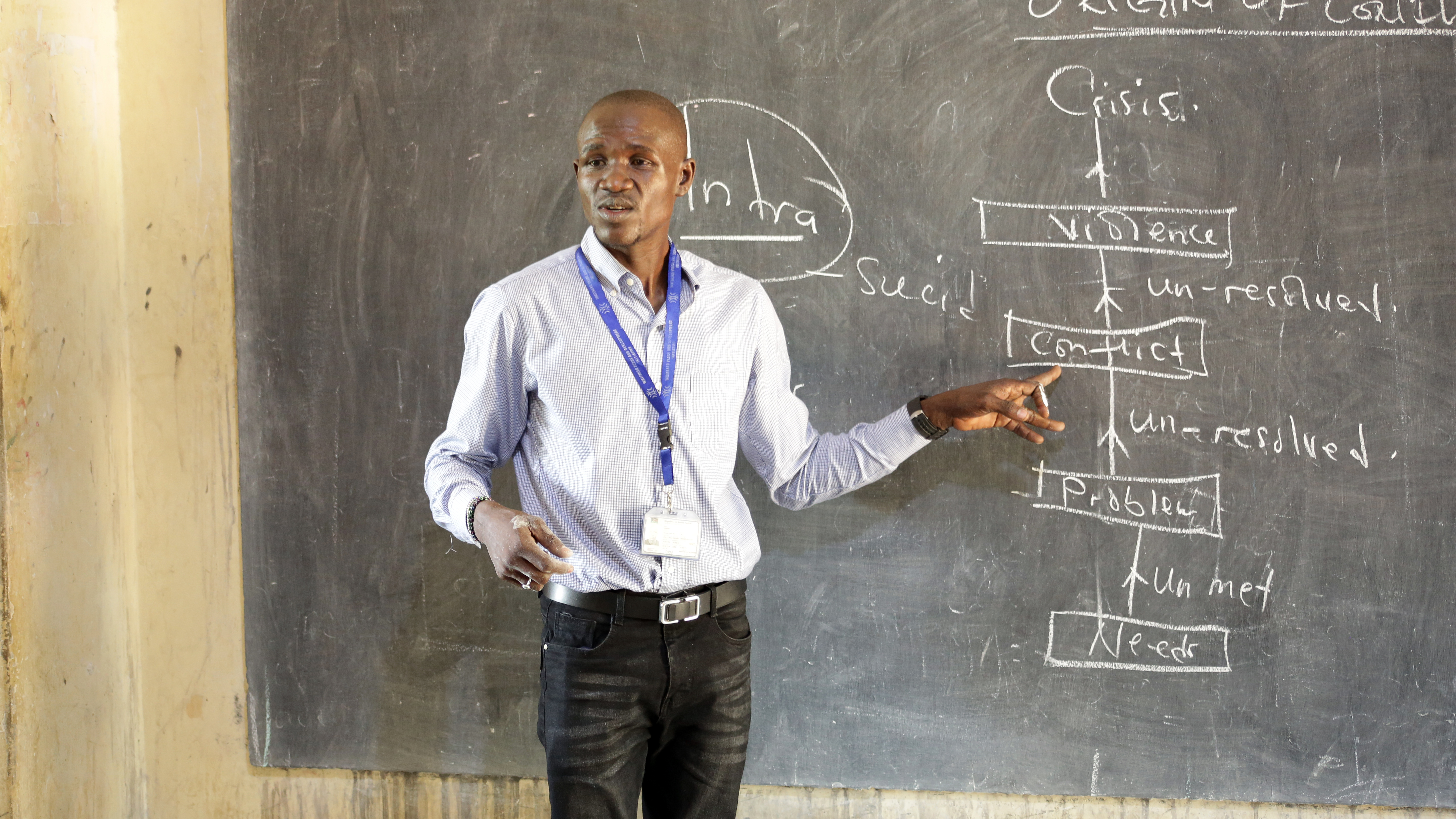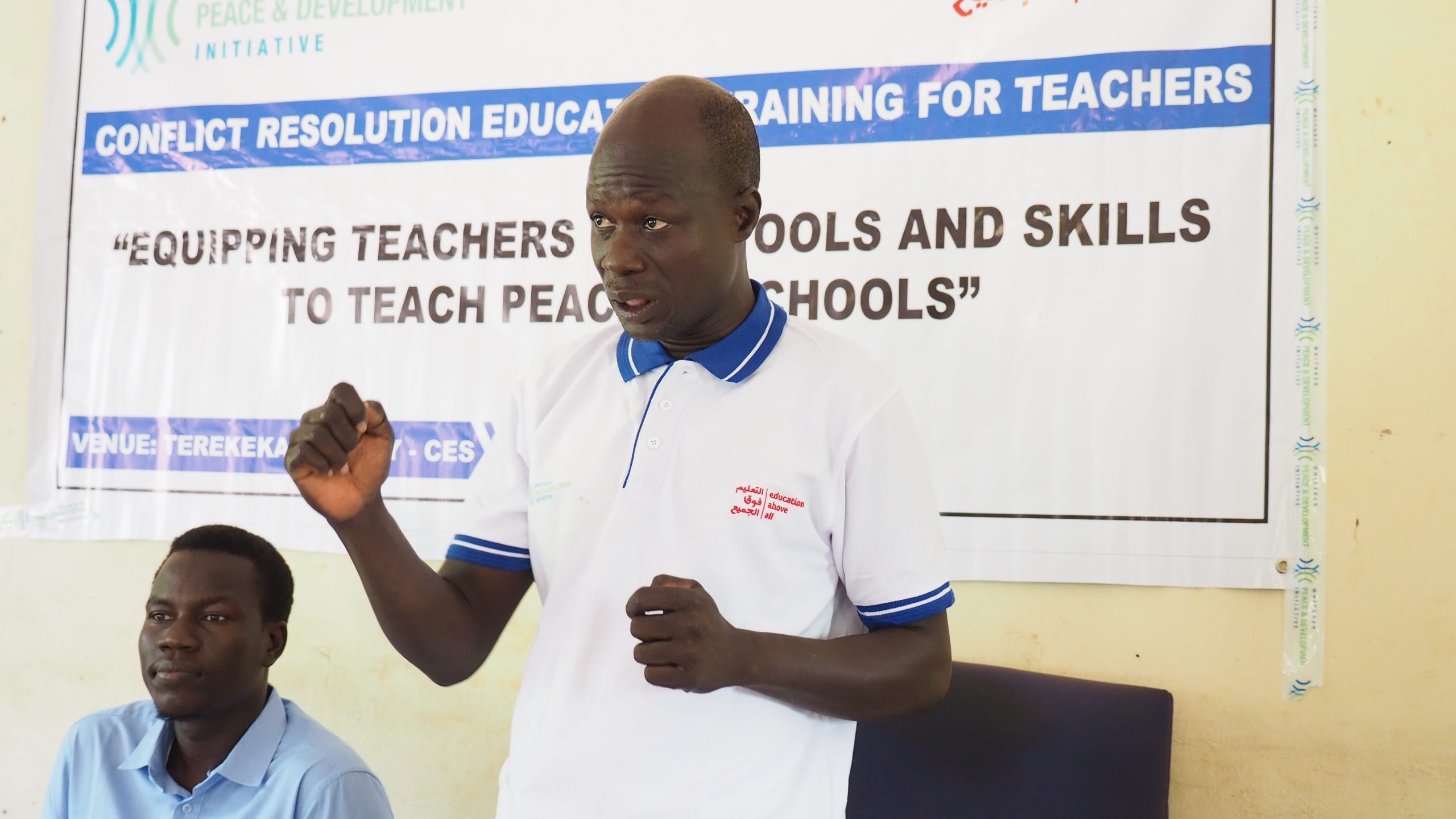September 23, 2024 – We are delighted to announce that WPDI and UNESCO are strengthening their partnership by entering into a new collaboration to roll out teacher training on Comprehensive Sexuality Education in Western Equatoria State, South Sudan. We will leverage our extensive experience and expertise in South Sudan, particularly in teacher training and Sexual & Reproductive Health, to lead this initiative.

Operating for more than 10 years in the country, WPDI is already active in 147 schools across the three Equatoria states—Eastern Equatoria State (EES), Central Equatoria State (CES), and Western Equatoria State (WES)—across which it operates eight Community Learning Centers (CLCs). We already have multiple Memorandums of Understanding (MOUs) in place with key government officials in the education sector. Our widespread presence and recognition allow us to quickly launch and implement educational programs, even in remote, hard-to-reach areas. This is a comparative advantage that was well understood by UNESCO as they sought to reach out to teachers in WES.
Through this collaboration with UNESCO, we aim to integrate Comprehensive Sexuality Education (CSE) training into our existing teacher engagement initiatives. CSE will be added to the ongoing Conflict Resolution Education (CRE) program for teachers, embedding both into the current curriculum for a smooth rollout. By combining CSE and CRE, teachers will be better equipped to create supportive learning environments for female students across the county. WPDI plans to train 453 teachers across all payams of Maridi County, leveraging its established partnerships with schools and education departments, including the State Ministry of General Education and Instruction.

The training will consist of workshops at our Maridi CLC, along with group discussions, role plays, film screenings, and online tutorials. A mobile training system featuring pre-recorded sessions will be deployed to reach rural areas, ensuring that even remote schools benefit from expert instruction.
This project further strengthens our ongoing strategic partnership with UNESCO in the areas of health and wellbeing, one of key pillars in our strategy to foster the resilience of fragile territories by strengthening the capacity of their residents to live empowered lives.
In partnership with
